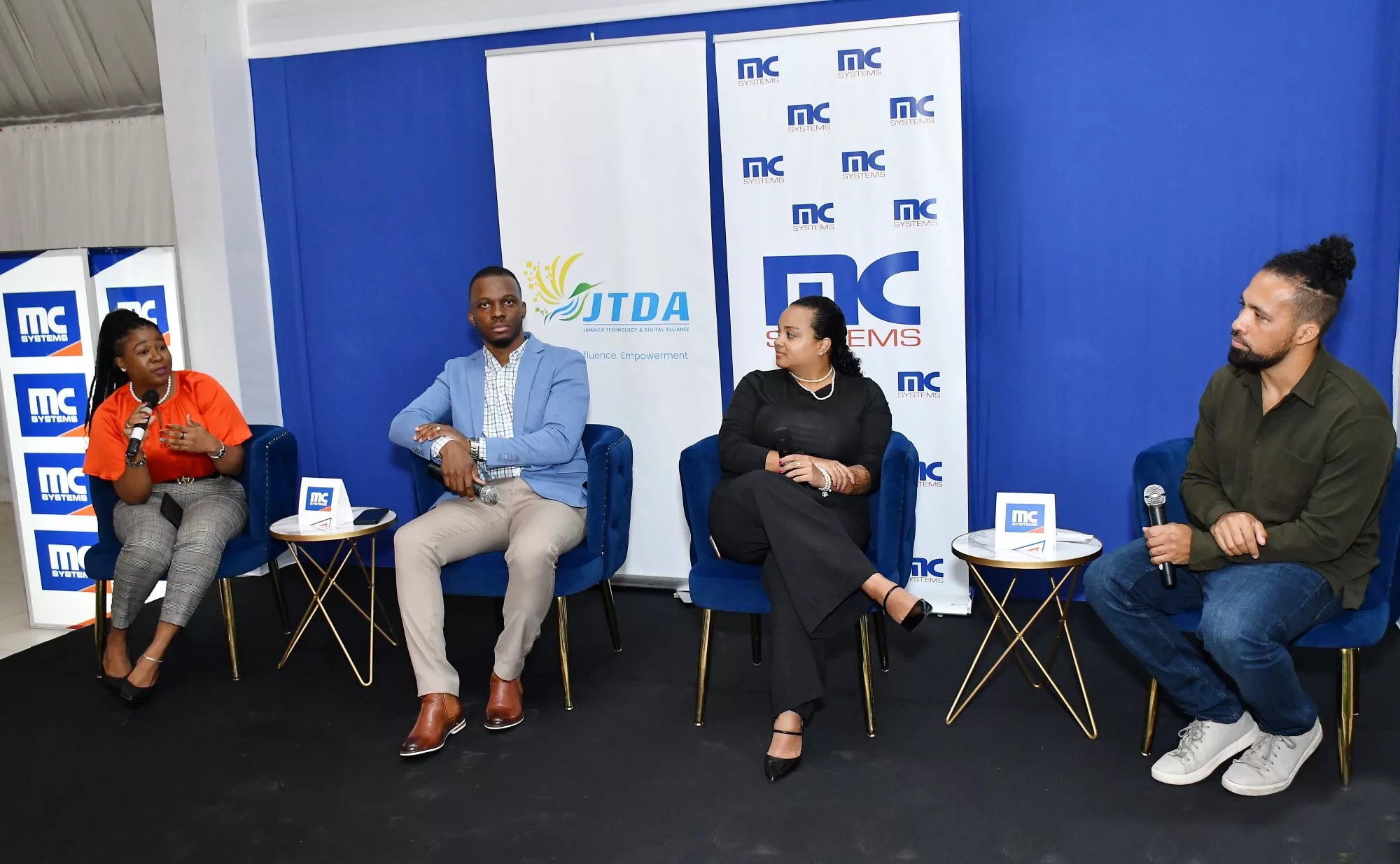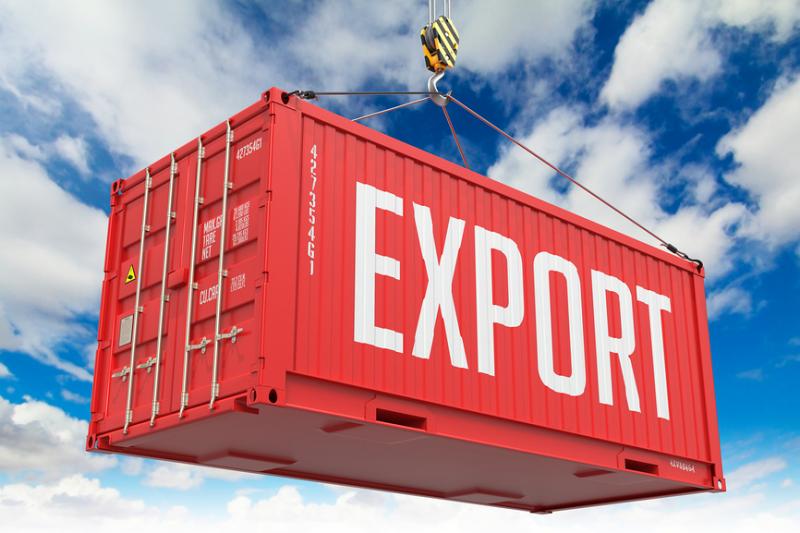Payroll tax consolidation is coming in 2026! Is your business prepared?

A single payroll tax deduction is coming in 2026. This might seem like a long time from now, but planning is crucial. Starting January 2026, this reform will include consolidating payroll taxes and statutory deductions into a single deduction. As a company implementing payroll services, here’s what you need to know about this new implementation.
Regulatory changes aren’t just about compliance; they also present an opportunity to modernise your payroll system and future-proof your business. The right payroll partner ensures that you don’t just meet the new standards; you exceed them.
– Kathryn Chin See
Join the future of payroll
Will this make handling payroll simpler?
Key reasons for this change include making compliance easier and lightening the administrative load for businesses. In essence, this will allow Jamaica to take a massive step towards modernising its tax system. Though the intent is clear, the shift might open new challenges for business leaders and human resource management professionals, who will have to adjust their payroll process implementation to remain compliant.
Our workforce management expert at MC Systems, Kathryn Chin See, insists that payroll tax consolidation is much more than a regulatory change – it is a fundamental shift in how businesses approach payroll administration.
“Therefore, any change to payroll tax structures must be implemented with deliberation. While consolidation will make remittances easier in the long run, businesses must ensure that their payroll systems and internal workflows are updated to avoid costly miscalculations or compliance issues.”
Kathryn insists that organisations cannot afford to be reactive and that the time to assess readiness and make changes is NOW.
Why Payroll Tax Consolidation Matters
This reform can boost efficiency by simplifying business processes and making Jamaica’s tax system more efficient. However, without adequate preparation, companies may face operational and compliance risks.
The Risk of Inaction
Failing to prepare for the new payroll tax system could expose businesses to:
- Compliance Penalties: Errors in tax calculations or late remittances may result in fines and reputational damage. Legacy payroll systems may also not support the new tax structure.
- Employee Dissatisfaction: When payroll processing is delayed or inaccurate because of system misalignment, it can damage employee trust.
- Increased Workload for HR Teams: Without an automated payroll platform, HR professionals will encounter the challenge of manual recalculations, leading to inefficiencies and potential burnout.
- Operational Disruptions: Businesses relying on outdated systems may experience significant delays or failures, especially during the transitionary period.
Is your business prepared for the complexities of payroll tax consolidation in Jamaica? Don’t risk disruptions and the headaches of manual processing. Now is the time to evaluate your payroll infrastructure and partner with a trusted provider like MC Systems’ BizPay to help you navigate the evolving Jamaican tax landscape.
Visit Bizpay Central to learn how we can help you prepare and ensure your business stays ahead of the curve.
Join the future of payroll
Insights:





